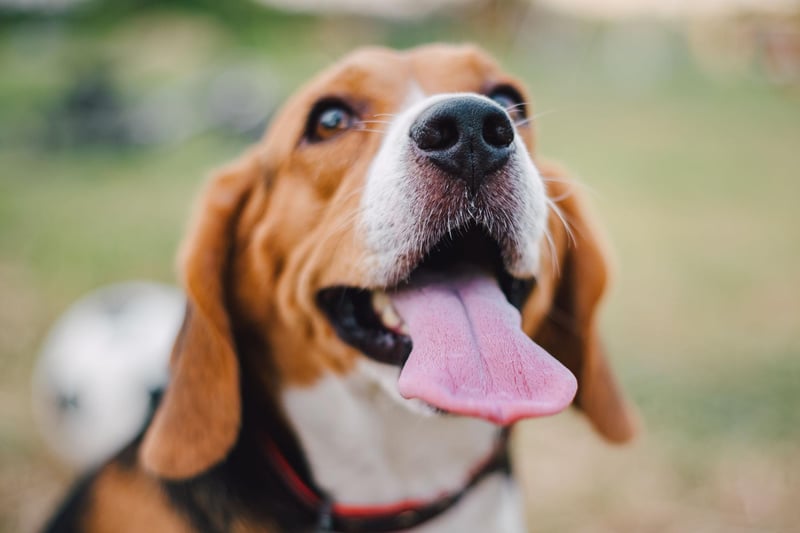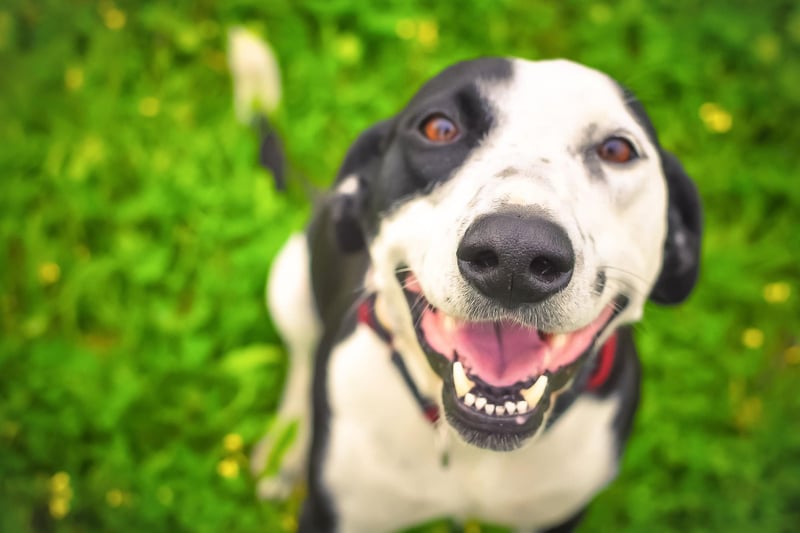If you’ve been thinking about getting a new dog then you’re not alone – Kennel Club figures show that the number of people looking for puppies surged by around eight per cent since the start of the global pandemic.
There are 221 different breeds of pedigree dog to choose from, there’s plenty of thinking to do before you select your family’s latest four-legged addition – whether you want a large dog, family-friendly dog, or crossbreed.
For all the latest dog news, pictures, advice and information, join our Scotsdog Facebook group here
No matter what type of dog you choose to welcome into your home though, you'll be hoping to have a happy, contented and healthy pet.
And, while pooches can’t say ‘I feel great’ out loud, they have numerous types of behaviour to let you know.
Here are 10 things your dog does that means they are fit and healthy.
Read more:

1. Shiny Coat
If your pup has a shiny and clean coat it's a great indication that they are in good health - it means that they are shedding well and are producing the requisite natural oils they need, with no need for extra bathing or grooming. If a dog is constantly scratching and licking their coat it can be a sign of everything from fleas to a skin allergy. Photo: Canva/Getty Images

2. Fresh breath
While your dog's breath is unlikely to be minty-fresh, it should still be relatively clean-smelling. Consistantly bad breath could indicate gum disease which can ultimately affect vital organs and lead to serious health problems, along with tooth loss. Stinky breath can also be a sign of some mouth cancers. Photo: Canva/Getty Images

3. Clean ears
It may have never occurred to you to look inside your dog's ears but it's a key measure of health. You are wanting to see clean ears with a thin and shiny layer of wax. Excess wax, a nasty smell or a constant discharge is a sign of a problem. Photo: Canva/Getty Images

4. Clear eyes
Bright, clear, and shining eyes are both an attracive feature in a dog and a sign of good health. You should be able to clearly see the pattern of the iris or something could be awry. Constant tearing, redness, cloudiness and different pupils sizes are pointers toward medical issues. Photo: Canva/Getty Images

